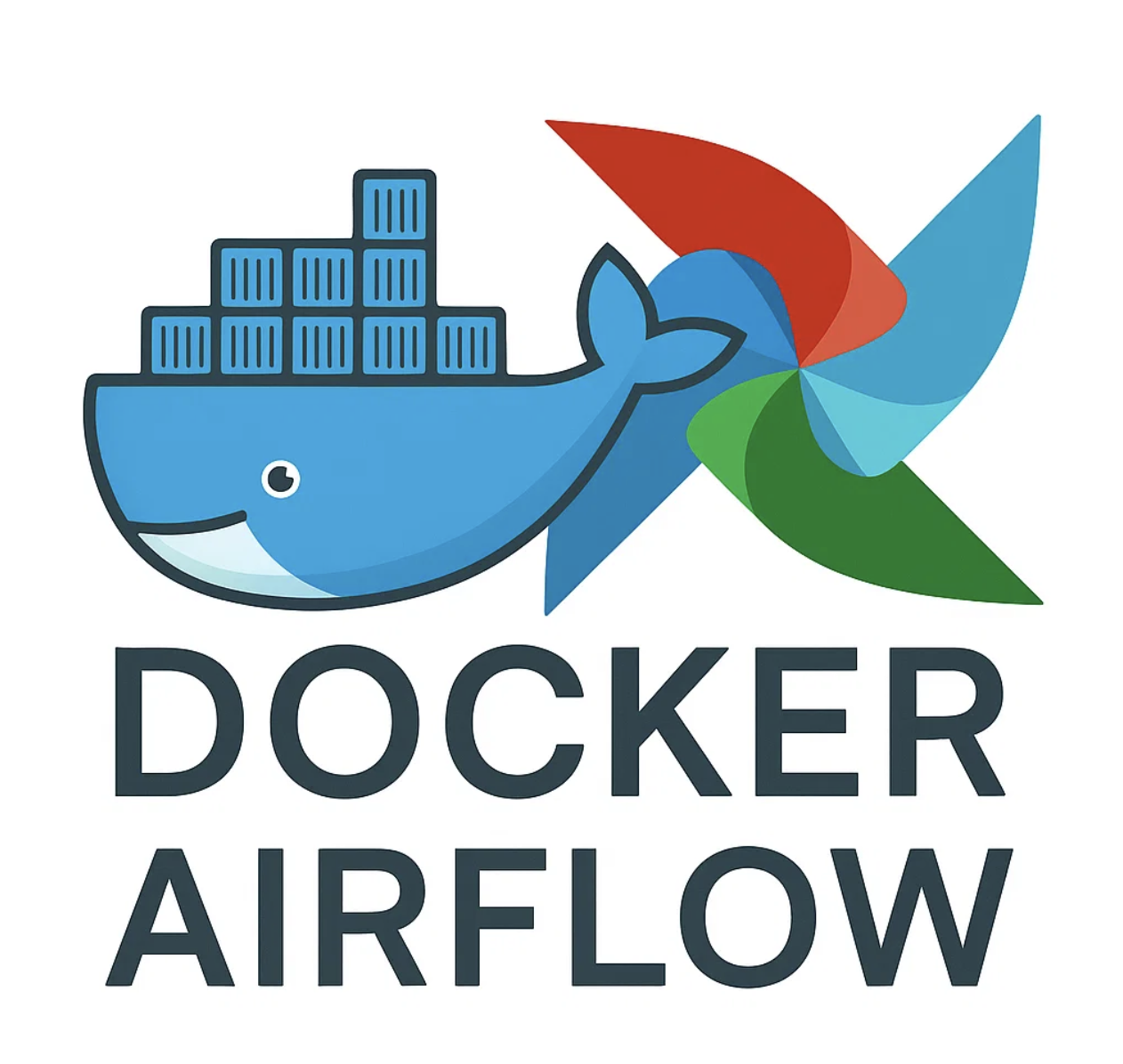Local Airflow with Docker (Single Node - Lightweight Setup)



This project provides a minimal, local Airflow cluster running with:
- LocalExecutor (lightweight, single-node – no Celery workers or Redis)
- PostgreSQL 13 as Airflow metadata DB
- Optional extension via a custom Airflow image that installs additional Python libraries from
requirements.txt.
Prerequisites
- Docker >= 20.x
- Docker Compose >= v2.x
- At least 2 CPUs, 4GB RAM, 10GB disk free (see
airflow-init resource checks)
Build Custom Airflow Image
The Dockerfile is based on apache/airflow:3.0.4 and installs additional requirements:
FROM apache/airflow:3.0.4
COPY requirements.txt /requirements.txt
RUN pip install --no-cache-dir -r /requirements.txt \
--constraint https://raw.githubusercontent.com/apache/airflow/constraints-3.0.5/constraints-3.11.txt
To build it use command (it creates extending-airflow:latest image):
make build-docker-image
Usage
-
Create local airflow directories:
bash
make create-local-airflow-repositiories
This creates local folders: dags/, logs/, plugins/, config/
and .env file with AIRFLOW_UID
As per official airflow documentation, setting up AIRFLOW_UID is necesary on linux systems in order to create folders with proper user ownership
-
Initialize Airflow DB & user:
bash
make run-init
This runs the airflow-init one-shot container:
- Runs DB migrations
- Creates admin user (airflow / airflow by default)
-
Start Airflow service:
bash
make run
-
Stop stack:
bash
make down
-
Remove stack with volumes:
bash
make down-clean
-
Delete local folders with dags/plugins/logs/config and env:
bash
make delete-local-airflow-repositories
Ports
Airflow webserver:
- Host: 8084
- Container: 8080
Notes
- Executor: LocalExecutor (single machine, parallelism enabled)
- No Celery / Redis: lightweight stack for dev/testing
- Airflow config: mounted from ./config/airflow.cfg
- Custom libs: add to requirements.txt and rebuild



